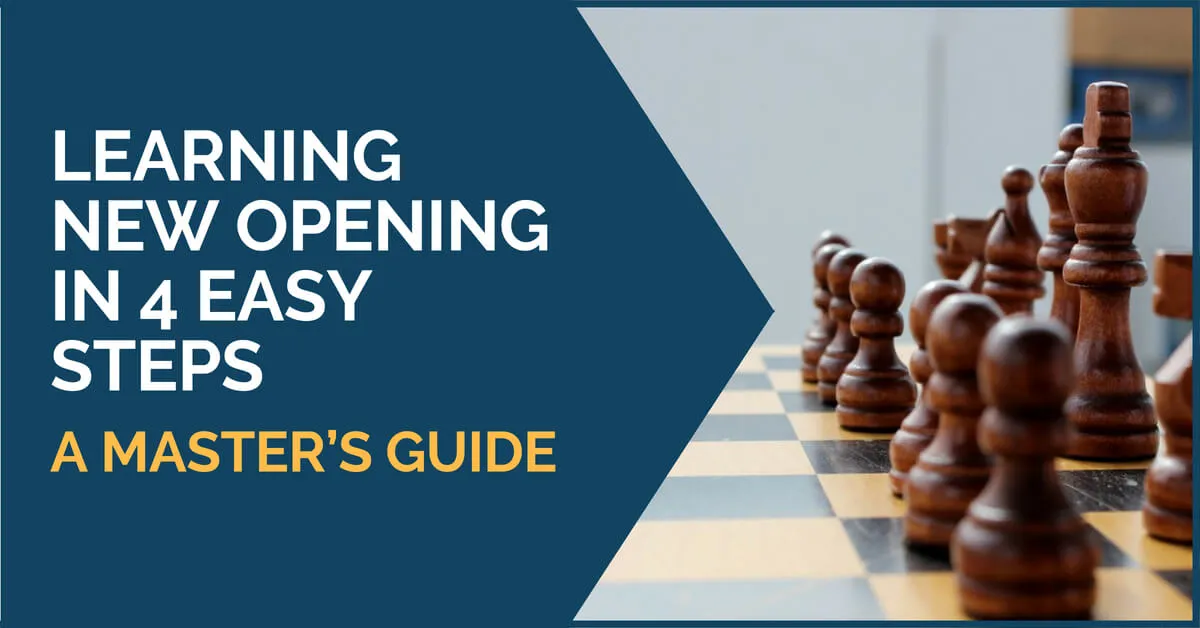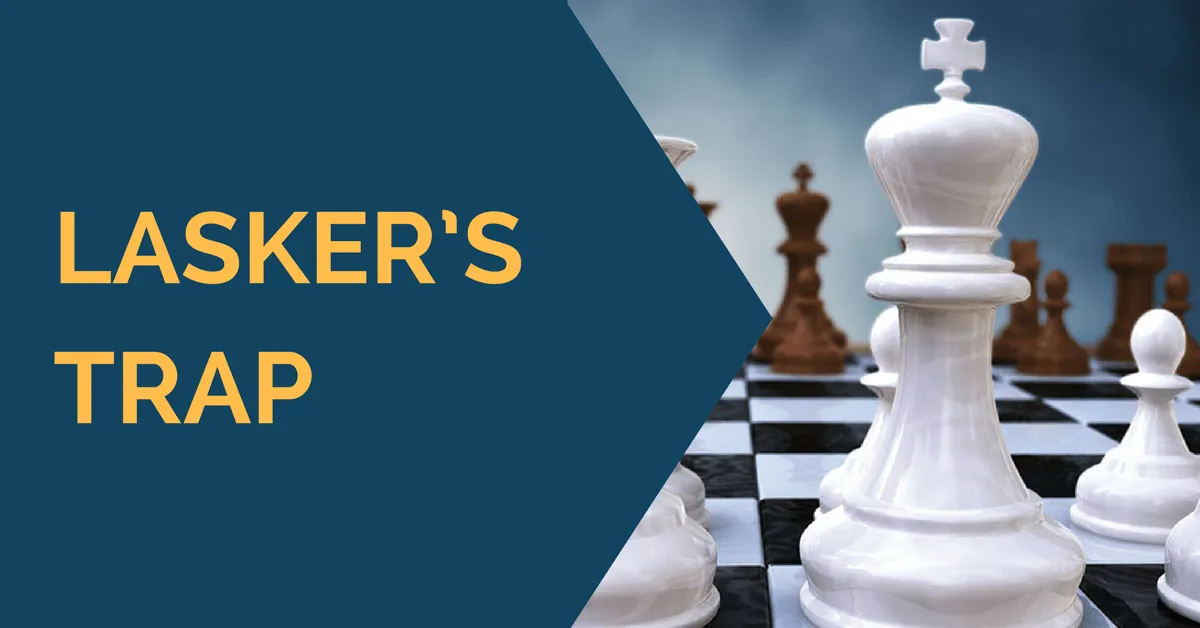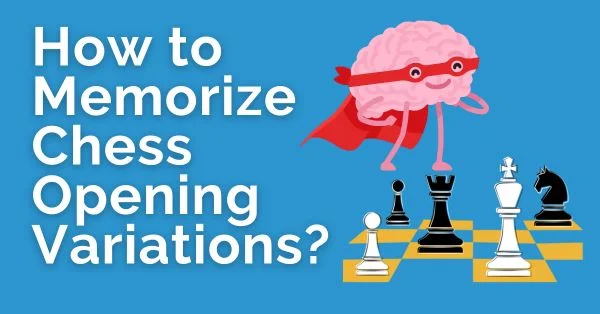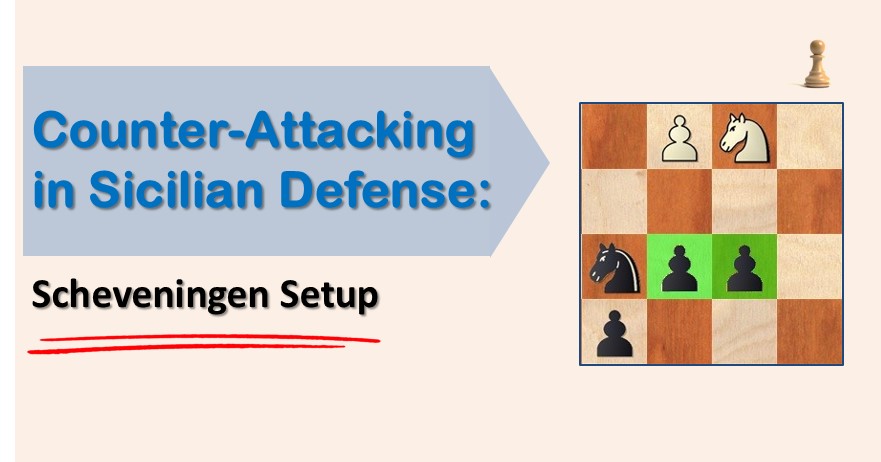Learning New Opening in 4 Easy Steps: A Master’s Guide

New openings are important.
Although it is common to hear well-experienced Grandmasters telling you that you should start by studying the endgame (as stated by Capablanca), this does not mean that you should put the opening aside.
In modern chess, when even the low-rated players have great access to information and top analysis by coaches and strong players, it is mandatory to have decent opening knowledge in order to compete.
Learning a new opening is not something easy, as you can easily drown in the ocean of information that is already published, and the other that will be published soon.
Openings, like fashion trends, are constantly changing and evolving and it can be exhausting to keep track of everything. In this article, we will show some practical steps to learn a new opening and maintain it.
Once you have made up your mind on what openings you wish to study and add to your repertoire, it is time to start working.
The following check-list will turn useful for you:
- Games collection: Before you go into specifics, our advice is to create a good collection of model games that have inspired you to play this opening. It does not matter the dates of these games, they can be from classics to modern. The idea is to familiarize yourself as much as you can with the structures, themes, and endgames arising from the opening. The old ideas (classics) will be as useful as the new ones; remember that anything old enough to be forgotten can be just as surprising as a novelty found by an engine. The more you know, the better.
- The specialists: This is a fun part. Get to know who the heroes of your opening are and create a database of their games. For example, Kasparov in the Najdorf, Fischer in the Spanish, Spassky in the Breyer, and so on. Look for players who successfully employed your opening and created games worth studying. If your opening is rare or if you have trouble finding whose games you need to follow you should probably ask a more experienced player or a coach.
By now, after completing steps 1 and 2, the culture of your selected opening should have been enriched enough. Not just that, your general chess knowledge has become wider too.
New Opening: Theory and Practice
But your work is not yet done, time to move on to the “move by move” phase.
- Theory (create your file): Many newbies start by this step. They simply buy an opening book full of engine notations and try to memorize the lines. In principle, if you are talented enough to remember loads of theory and understand why you play the moves, there is nothing wrong with this approach. However, in most cases this method has a very short period of success; most of the time they end up forgetting the lines, messing up orders, and so on. The lack of understanding begins to show. We recommend you choose opening books that combine enough explanations with lines. That’s the perfect combination. You should also write the lines into a pgn file that you can modify and improve, as well as check for mistakes.
- Practice: This is the final test. This is the part that gives you confidence and helps you memorize your moves. Your opening moves, your automatic moves, you have to practice everything in advance. Going into a big game with a new opening and 0 practice is hardly a good idea; during the game, you will find out things that will make you wonder and you won’t have answers. This will not be fatal but you cannot recover the waste of time on the clock. Try to practice your opening by playing training games with a coach/friend or online.
New Opening: Conclusion
With this, we finish this short guide to learning a new opening. We believe you really won’t need much more, to begin with. With time, experience, and analysis of your own games, you will be able to introduce new ideas and thus create your own “theory”.
We also recommend reviewing 3 Easy Steps to Start Improving at Chess and 5 Steps to Finding a Plan.
Good luck!










Comments: